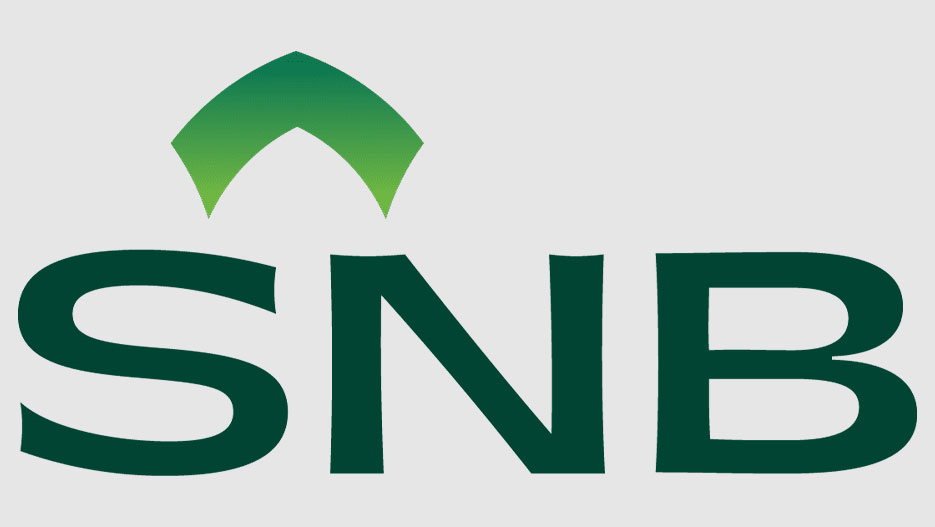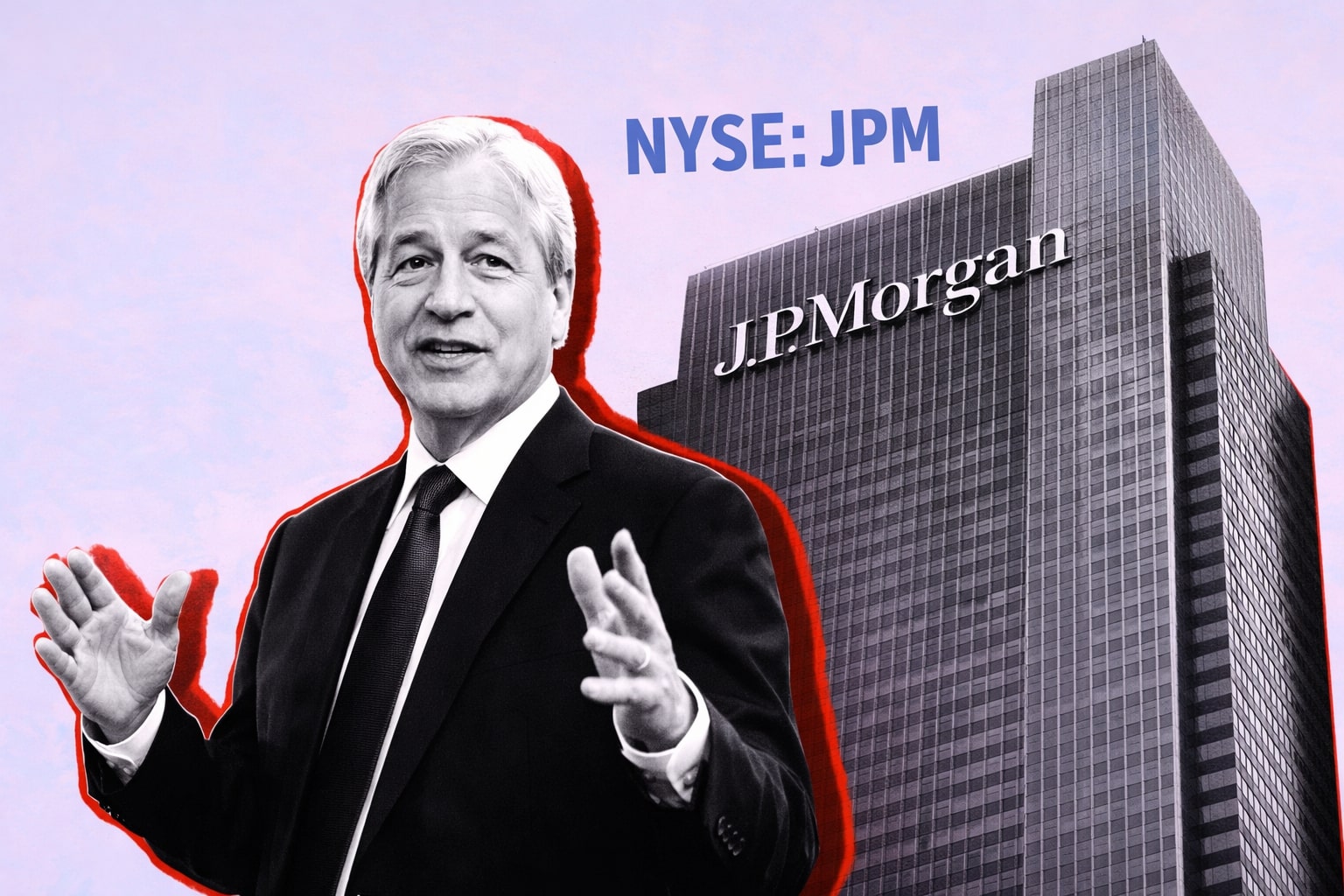
Middle Eastern Investors Take a Hit as UBS Rescues Struggling Credit Suisse
Saudi National Bank and Qatar Investment Authority Face Major Losses in Credit Suisse Debacle
In a dramatic turn of events, UBS Group AG has reached an agreement to purchase the distressed Swiss bank, Credit Suisse, at a considerable discount. This acquisition has negatively impacted Middle Eastern shareholders, who collectively own approximately one-fifth of the bank, as they now face significant losses.
The Saudi National Bank, Credit Suisse's principal shareholder, has witnessed the value of its investment nosedive by around $1 billion within a short period. Meanwhile, the Qatar Investment Authority (QIA), a long-term supporter of Credit Suisse, has also experienced a sharp decline in the value of its 6.8% holding after boosting its stake as recently as January.
Over the years, affluent Middle Eastern investors have backed European banks like Credit Suisse, but their outcomes have been mixed. The acquisition of Credit Suisse by UBS, which values the former at less than half of its market value last Friday, was arranged quickly in response to the mounting crisis of confidence spreading across global financial markets. This rapid response was crucial in order to halt the significant downturn in Credit Suisse's stocks and bonds.
UBS CEO Ralph Hammers is set to benefit from the acquisition, as the value of assets in UBS's capital and asset management divisions is projected to increase to around $5 trillion. This deal will enable UBS to maintain Credit Suisse's profitable Swiss division, which analysts estimate is worth three times what UBS paid for the entire company.
However, the acquisition presents challenges for Hammers and his team, who must now decide which businesses and employees to retain, transfer, or let go. To assist with potential write-offs, UBS has 56 billion francs at its disposal, as well as 9 billion francs in guarantees from the Swiss government to absorb losses. Additionally, the company has gained access to an extensive credit line from the central bank.
As Credit Suisse grapples with its crisis, major shareholders such as the Saudi National Bank and the QIA have borne the brunt of the losses. In response, the Swiss government has had to intervene to stabilize financial markets, which has led to billions of francs in guarantees being provided to UBS. The Swiss Financial Markets Supervisory Authority (FINMA) has become the first regulator since the 2008 financial crisis to address a bank deemed too important to the system in need of a bailout. As a result, the Swiss central bank is required to provide liquidity to support the rescue effort.
Despite these setbacks, Middle Eastern investors remain committed to their broader strategies, and Credit Suisse's experience serves as a cautionary tale for future investments in the banking sector.
Read More
-
NLR ETF at $145.21: Uranium, Nuclear Power and the AI Baseline Energy Trade
14.01.2026 · TradingNEWS ArchiveStocks
-
XRP ETF Demand Lifts XRPI, XRPR and Bitwise XRP as XRP-USD Defends $2.10 Support
14.01.2026 · TradingNEWS ArchiveCrypto
-
Natural Gas Price Forecast - NG=F Slides Toward $3 as Warm Winter Clashes With LNG Demand
14.01.2026 · TradingNEWS ArchiveCommodities
-
USD/JPY Price Forecast - USDJPY=X Climbs Toward 160 as Japan’s Debt Fears Clash With BoJ Hike Hopes
14.01.2026 · TradingNEWS ArchiveForex


















